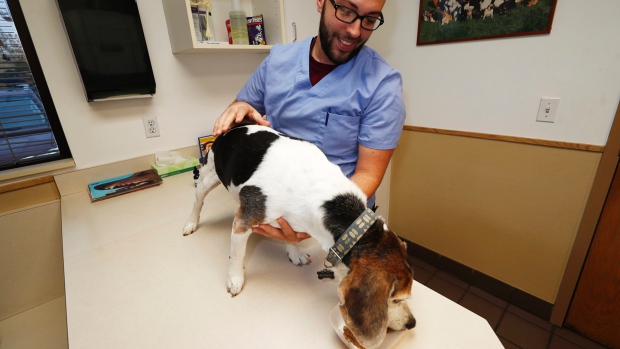Cannabis activists proclaim the benefits of legal marijuana, while opponents suggest it will lead to increased drug abuse and crime. Turns out both groups may be wrong.
Liberalized marijuana laws appear to have little positive or negative impact, according to a new working paper by researchers from the Consumer Financial Protection Bureau, Harvard University and Western Carolina University. In fact, more liberal marijuana laws have had “minimal impact” on marijuana use, other substance use, alcohol consumption or crime rates, the study found.
The paper, which was distributed by the National Bureau of Economic Research, based its findings on data from the annual surveys of high-school seniors conducted by Monitoring the Future, an ongoing study of American youth that began in 1975.
Since the 1970s, 45 states and the District of Columbia have loosened their marijuana laws. Most of these states have either decriminalized possession of marijuana or legalized its use for medical purposes — only 8 states and the District of Columbia have legalized the drug for recreational use.
Last week, the U.S. House rules committee blocked an amendment that would protect medical marijuana patients, and in recent months Attorney General Jeff Sessions has indicated a willingness to go after businesses and individuals involved in the cannabis industry in states where it is legal for medical or recreational use.
On Wednesday though, Sen. Orrin Hatch, R-Utah, announced Wednesday that he plans to introduce a bill to remove barriers that are preventing further research on medical marijuana. Previously, group of senators introduced a bill in June that would end the federal prohibition on medical marijuana.
The study’s results are not necessarily reflective of the drug itself, the authors cautioned. Because many people already use marijuana regardless of its legality, liberalized laws appear to have only a limited effect. Plus, in the states where the drug has been legalized, the authors suggest that enforcement of marijuana laws may have already been lax. “Our results do suggest that, given current attitudes and enforcement toward marijuana, further liberalizations seems unlikely to have dramatic affects in any direction,” they wrote.
Nevertheless, the researchers did parse out some of the effects of more liberal marijuana laws. Many were positive. For instance, looser marijuana laws appear to have reduced the use of cocaine and heroin among teens and regulation of marijuana has made drugs such as salvia and other narcotics seem more risky. Additionally, the researchers found that teens reported fewer days of illness and less fighting at school where marijuana laws were liberalized.
But researchers did uncover some less positive results. Marijuana liberalization was correlated with an uptick in the ease of procuring psychedelic drugs, amphetamines and barbiturates. Additionally, looser cannabis laws were associated with an increase in petty crimes such as shoplifting.
The reports’ findings echo the mixed results other researchers have noted when studying the liberalization of marijuana. A 2014 study published by peer-reviewed medical journal JAMA Internal Medicine found the mortality rate from opioid overdoses was 25% lower in states with any kind of medical marijuana law — an effect that also grew over time. Further studies have shown evidence that marijuana and its derivatives, such as the compound cannabidiol, are effective in treating epilepsy, chronic pain and nausea associated with chemotherapy, among other conditions.
However, other statistics also show that marijuana legalization has led to an increase in traffic fatalities and hospitalizations. For instance, in the year after recreational marijuana became legal, Washington state saw double the number of traffic deaths because of drivers under the influence of the drug, according to the AAA Foundation for Traffic Safety.
credit:marketwatch.com









